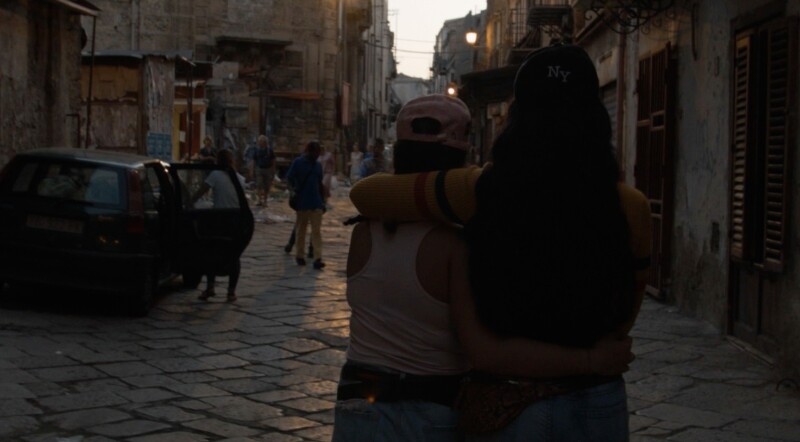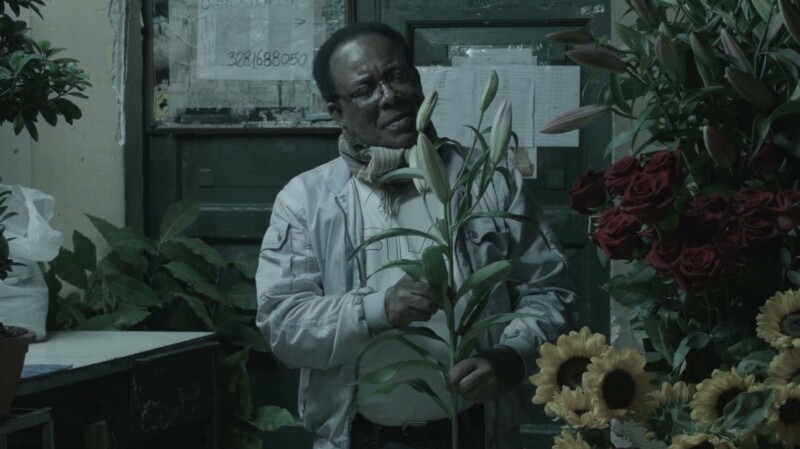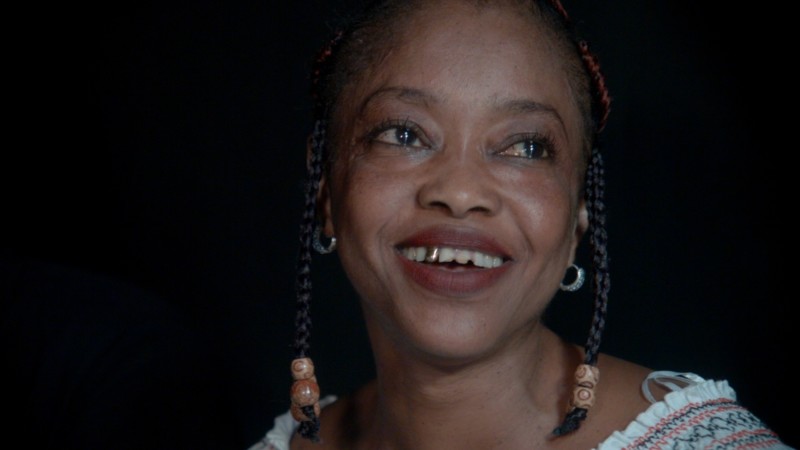When the essay “We Refugees” was published in January 1943, Hannah Arendt had already experienced multiple years of flight from the Nazis, including a short-term detention by the Gestapo in 1933 as well as an imprisonment as a “hostile foreigner” in the southern French camp of Gurs in 1940. Thus, in “We Refugees,” she posed the question of flight and stateless not just on an analytical, but also on a personal level. She incorporates her experiences as one among many other Jews who had not been granted the rights and recognitions as a member of society they fled to. The analysis that Arendt developed in that very essay and in other writings about flight and the loss of rights – based on her own experience of years of statelessness – is still relevant and applicable to many other biographies of flight today.
The Crisis of Human Rights in a World organized by the Nation-State
“Statelessness in a mass dimension has set before the world, the inescapable and highly puzzling question of whether or not there is such a thing as inalienable human rights, which are independent of any particular political status and only arise out of the mere fact of being human.”
The paradigm of universal human rights assumes that all humans have rights by nature. Arendt points out that universal human rights are not feasible in a world organized by nation-states. Because as soon as human beings are set back to their “abstract nakedness of being human and nothing but human,” rather than belonging to a state or being protected by its affiliation – no institution guarantees them their rights and their humanity any longer.
Although human rights have essentially become part of the paradigm of a modern, secular and globalized society and were thought to become binding through agreements like the Universal Declaration of Human Rights by the United Nations or the Geneva Refugee Convention, the problem analyzed by Arendt still exists today: in the face of closed borders, in the face of the European Union which cannot agree on the admission of refugees and lets boats sink or hold out at their borders on the Mediterranean; in the face of reinvigorated right-wing populist forces mobilizing against immigration, or the lengthy asylum procedures which allow people to get stuck in a precarious situations.
The discrepancy between the ideal and the implementation is obvious. This is because nation-states insist on their sovereignty and their exclusivity (upon which the protection their ‘own citizens’ supposedly depends), both of which are consistently placed above universal human rights. Those affected by this dilemma are not the unfortunate exceptions, but rather the norm which triggers a crisis of the international community and causing it to fundamentally question its rules.
Alternative regulations and framework conditions under which the ideal of human rights may be better implemented is increasingly being considered at the local level. The city as a place of refuge and protection, along with the development of a citizenship bound on domicile is one of these alternative approaches – as can be seen in Palermo.
The Right to Have Rights
“We became aware of the existence of a right to have rights (and that means to live in a framework where one is judged by one’s actions and opinions) and a right to belong to some kind of organized community, only when millions of people emerged who had lost and could not regain these rights because of the new global political situation.”
By stateless people Arendt was thinking of not only those who had formally lost their citizenship, but also those whose nationality could no longer secure them their rights. This includes most refugees who still belong to a state theoretically, i.e. on paper.
“The fundamental deprivation of human rights is manifested first and above all in the deprivation of a place in the world which makes opinions significant and actions effective.”
Arendt identifies an existence that is excluded from the community as “loss of relevance” and “worldlessness.” A person like this does not belong to the community in which she lives but is completely dependent on it at the same time. It is not up to her nor how hard she tries to adapt whether she is recognized as part of the community. Rather everything depends on the untransparent and interchangeable criteria of belonging within the host society. Consequently, the stateless people are, because of their deprivation from the political community, also robbed of their humanity.
Life in a camp is a territorial expression of this non-recognition and non-participation in the (political) community. That refugees often do not work for a long time and are not allowed to work to begin with, also contributes to their disenfranchisement and dehumanization. Since only through their activities can they become human, gain recognition within themselves as well as from others, and free themselves from dependence on charities and benefactors.
Hannah Arendt’s analysis is fundamentally Eurocentric and shaped by her perspective and position as a white intellectual European, even in the era of Nazi persecution, and as one who held a comparatively privileged position. When she speaks of human existence bound to political action and participation, she often limits it to the ‘civilized world,’ which has to be distinguished [16.Hannah, Arendt, Elemente und Ursprünge totaler Herrschaft. Antisemitismus, Imperialismus, totale Herrschaft. 20. München und Berlin: Piper, 2017, pp. 623ff.] from the ‘barbaric’ (for example on the so-called “black African continent”). It goes without saying that this division of the world is based on the burdensome and corrupt Enlightenment idea of progress. Similarly, Arendt’s obvious racism in many places needs to be rejected. Rethinking and thinking beyond Arendt means testing the validity of her personal experiences of flight in the context of different conditions and bringing them into conversation with theories from relevant fields such as post-colonialism.
The Loss of Identity – Ruptures in Life
“In the first place, we don’t like to be called ‘refugees.”
On the one hand, Arendt’s statement refers to the shame felt concerning one’s weakness and dependency on outside help; on the other hand, it refers to the knowledge that the external assignment of the term “refugee” itself creates the status of “enemy alien” and causes the “expulsion” in the sense of being that defenseless form of “mere humanity.”
The burden of being the “hostile foreigner” is borne today by those people whose documents indicate “toleration” or whose files are marked with the addendum “from a safe country of origin.” In whatever way one’s status is marked by various nation-states, this still says something about one’s desirability and one’s rights. And it cements the legal distinction between citizens, on the one hand, and foreigner, on the other hand.
What the designation as a stateless person and a refugee also carries with it is the loss of identity. The foreign attribution of “refugee” overwrites all achievements and accomplishments of the previously led life.
“We lost our home, which means the familiarity of daily life. We lost our occupation, which means the confidence that we are of some use in this world. We lost our language, which means the naturalness of reactions, the simplicity of gestures, the unaffected expression of feelings. We left our relatives in the Polish ghettos and our best friends have been killed in concentration camps, and that means the rupture of our private lives.”
If one wants to hide being a “refugee,” one also has to hide what he or she was before. And whoever hides their status cannot free themselves from it, to then be re-integrated into the ranks of humanness.
“Those few refugees who insist on telling the truth, even to the point of “indecency,” get in exchange for their unpopularity one priceless advantage: history is no longer a closed book to them and politics is no longer the privilege of gentiles.. […] Refugees driven from country to country represent the vanguard of their peoples – if they keep their identity.”
This experience of loss by a refugee is universal, and yet what is lost is so individual that it can only be respected at this level. Here people speak of these ruptures – and continuities – to life before and after, to loss and reconstruction, separation and accommodation.




